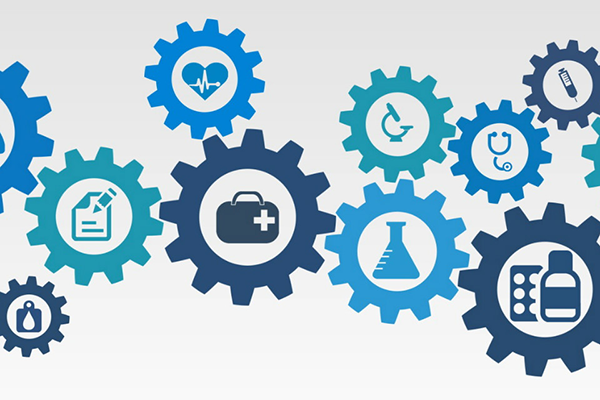Media

One Step Towards Redesigning Human Services
Governor Wolf’s proposal to merge four state agencies into the Department of Health and Human Services has the potential to benefit taxpayers and beneficiaries by eliminating bureaucratic redundancies and providing a foundation for transformative welfare reform.
Unifying the eligibility and redetermination authority for LIHEAP, Medicaid, PACE, PACENET, Food Stamps (or SNAP), and WIC could expedite efforts to reduce fraud and eliminate the welfare cliff. Today, the hodgepodge of government programs with various eligibility cut-offs creates dramatic drops in a family’s gross income as their earned income increases. Placing these programs under one authority creates a safety net that carefully monitors eligibility, rewards work, and gradually moves recipients from poverty to independence.
Secondly, the merger will not increase bureaucracy, rather it provides an opportunity to eliminate bureaucratic redundancies. For instance, there will be one HHS policy office instead of an Aging policy office, Health policy office, and Human Services policy office. The administration estimates the merger will eliminate about 550 positions (according to testimony at a March 29, Senate Intergovernmental Operations Committee Hearing). There will also be an expansion of shared services, including IT and Human Resources support.
Creating a simpler process for beneficiaries is important too. In many cases, beneficiaries are dealing with several departments, creating opportunities for individuals to slip between the cracks. For example, an elderly Medicaid recipient in a nursing home deals with the Department of Aging for ombudsman services, the Department of Human Services (DHS) for Medicaid payments, and the Department of Health (DOH) for nursing home issues. Another example is a single mom who must contact DOH for access to WIC and DHS for SNAP benefits.
Finally, merging these departments would reduce the regulatory burden on providers. Nursing homes with Medicaid patients are currently licensed by DOH, regulated by DHS, and subject to the requirements of the Older Adult Protective Services Act dictated by the Department of Aging. Consolidated licensing and oversight will eliminate redundant administrative burdens, freeing more resources for the truly needy.
Enacting this pending legislation is just the beginning. Successfully integrating four departments will take years and constant legislative engagement. But it's worth it if we can move from today's disjointed safety net to a system that ensures opportunity and earned success for all.
Note: An earlier version of this post incorrectly attributed the merger as the source of an additional $26 million for Intellectual Disabilities and Autism in Governor's Wolf budget proposal.